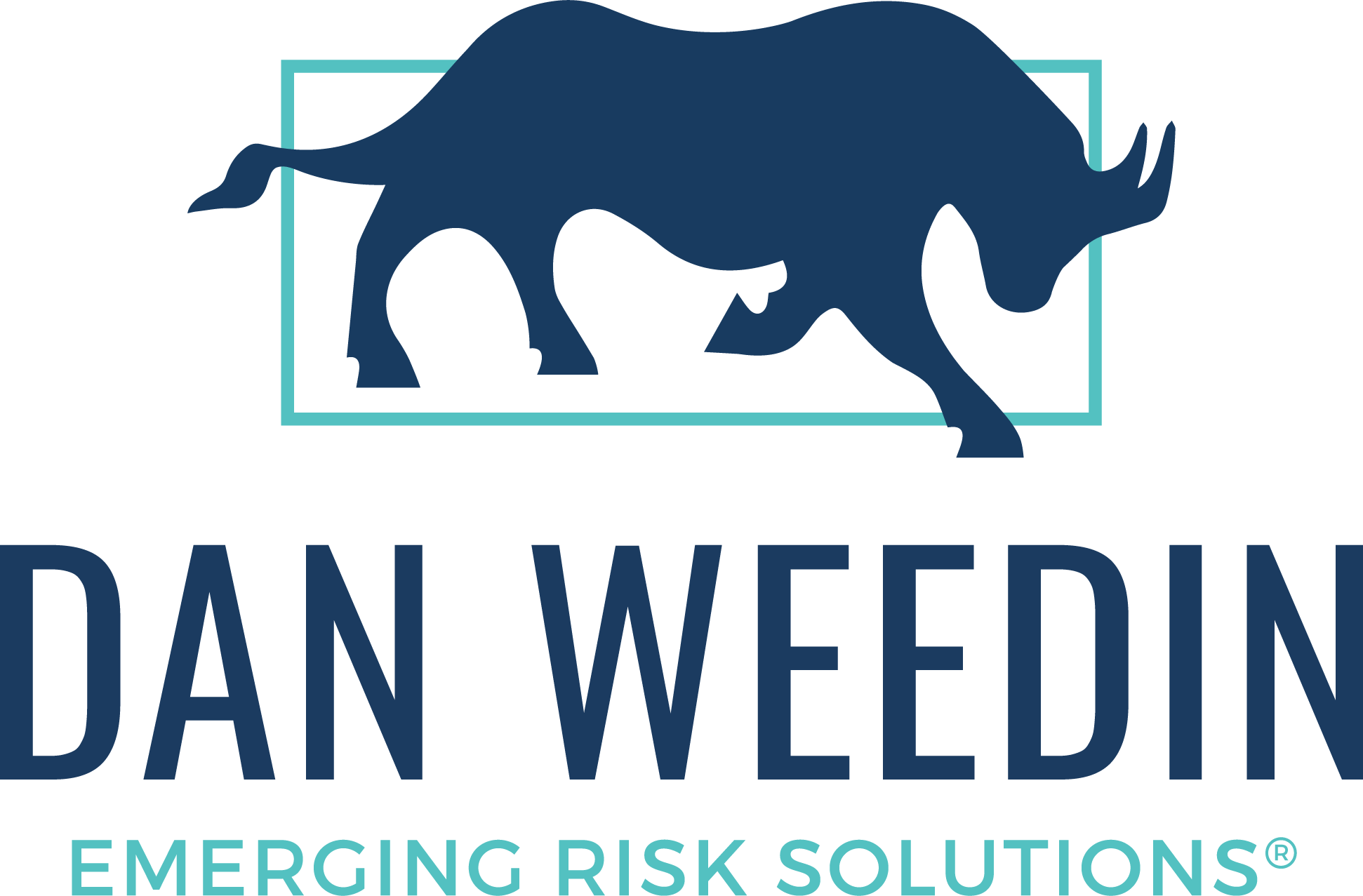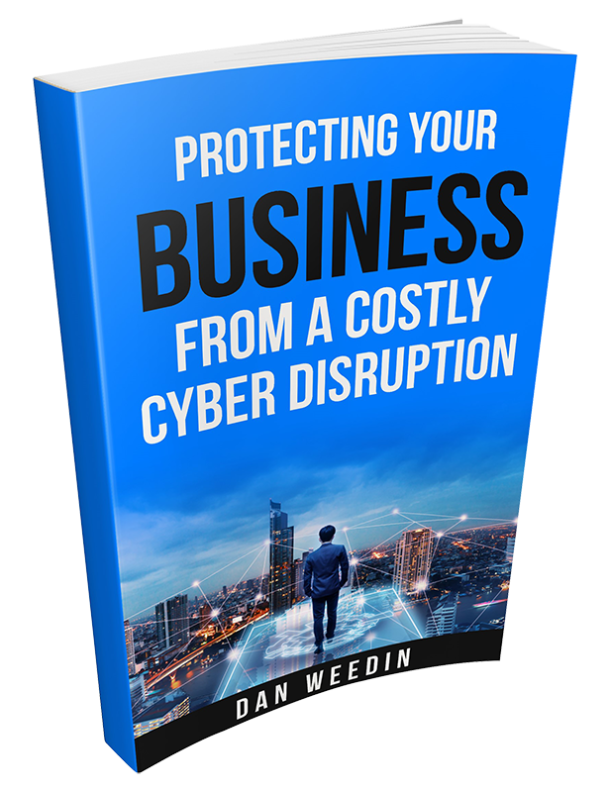As many of you know, the only newsletter I read immediately upon receipt is the one I get from Consulting and Speaking guru Alan Weiss. He had a great article today that I want to share with all my readers. If you are like me, you will find value in its message.
To learn more about Alan Weiss, and to subscribe to his newsletters and/or blogs, click here.
Did you know, my friends, that Yellowstone National Park is a 40 mile wide caldera? (This and other statistics from the perpetually intriguing book, “A Short History of Nearly Everything”). A caldera, by the way, is a volcanic field which can suddenly blow, one of two kinds of such monsters (the other being the conical, represented by Mt. Fuji or Vesuvius). The Yellowstone volcano explodes about once every 600,000 years, so far as scientists can tell. The explosions obliterated everything for thousands of miles.
When was the last explosion? Exactly 630,000 years ago. Uh oh.
When Mt. St. Helens blew, it produced a quantify of ash that would have buried Manhattan under 40 feet of the stuff. An airliner 30 miles away was pelted with rocks form the blast. The magnitude of the explosion was in the order of 50 Hiroshima-sized nuclear bombs.
The earth is spinning on its axis several thousand miles an hour, while racing in orbit about 85,000 miles an hour around the sun, which is an exploding star. There are any number of large and small rock piles in space which could collide with the earth before we ever knew it. Over the past several years, two such objects flew by us closer than the moon. We only knew it after they had passed. Even an object the size of a house hitting the earth at great speed could wipe out a billion people.
The dinosaurs, extremely successful and constantly evolving over more than 130 million years, met their demise relatively quickly when a space object struck the Gulf of Mexico.
I could go on, but my space here (and your attention there) is limited. Forget our enemies and misguided human efforts, there is quite a lot of natural phenomena which can pretty much ruin our day.
I would therefore submit that the only real choice we have is to live our lives boldly and assertively, filled with the wonder of the universe and the delicacy of our lives. In the best of lives our time is limited to less than a hundred years of quality life. In the worst of times our lives can end quite prematurely and unexpectedly.
The sin, as I see it, is sacrificing and not respecting what time we have.
I’ve actually met people who have bragged that they’ve never read a book, or never traveled more than a few hours from their homes, or never dine out or go to the theater. (“Why on earth would you get us theater tickets?!” heard a man exclaim to his wife when she came home with an impulse purchase.)
Why is that people abhor the sudden destruction of life in war or accident, but think it to be no great loss to fritter life away in part and piecemeal? If a racecar driver dies in a wreck at the track, doing what he or she loves to do, is that death to be mourned more than an individual who lives to 80 and spends all of that time reading trashy novels, watching television reality shows, and putting in eight hours a day at work that he or she despises?
I don’t mind if my last act finds me racing around third base heading for home, and being tagged out in an explosion or dust, sweat, and fury in a close call at the plate. I just don’t want my last act to be standing with the bat on my shoulder looking at a called third strike.
Thanks…I hope you gained as much value as I did.


